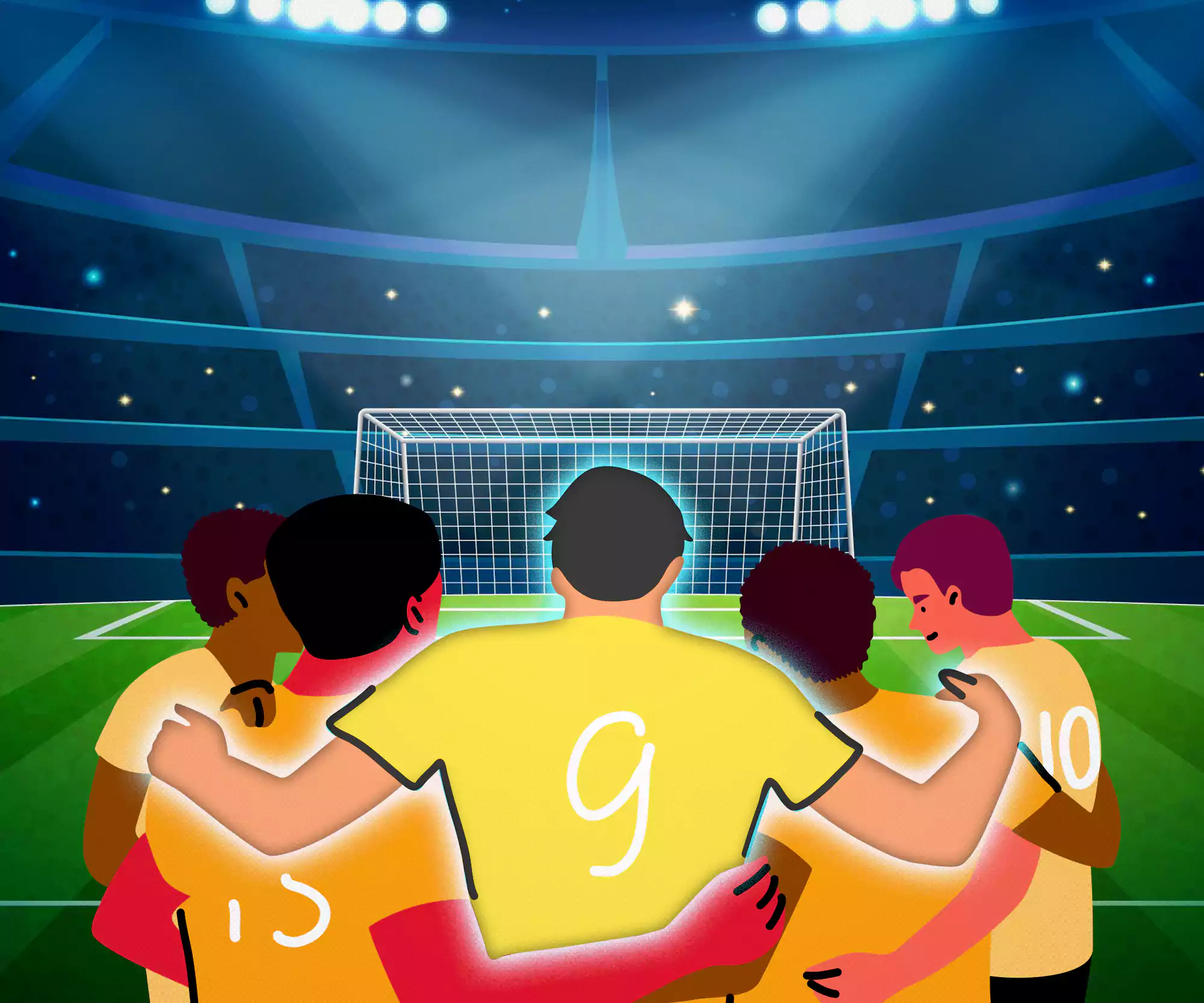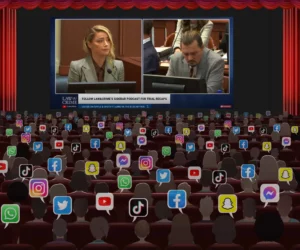
Say what you will about tournaments, but they induce a unique adrenaline rush that other sporting genres do not. And the FIFA World Cup, in particular, takes the cake in this department. After all, it’s one global party when cultures come together—each bringing their unique touch—the beating drums, the waving flags, and those merry dances! Naturally, most players dream of competing in a tournament like this, and lifting the trophy is the pinnacle of their careers.
But for the vast majority who take to the field, winning the World Cup is a pipe dream. Bringing home a win is no small feat, but victories come in different sizes. For some, qualifying for the World Cup is in itself a victory; for others, success is about having a good run—going beyond what people think possible for them. In a high-stakes tournament such as this, it becomes increasingly relevant to explore what is more important for a team—talent or teamwork.
How to pick a World Cup squad
Of course, many different things go into having a good run at the World Cup. In addition to talent and teamwork, passion, tactics, and luck matter greatly. Even the weather can play a part! So, before the tournament begins, what do coaches look for when they sit down to pick the squads they will lead? Are they looking primarily to choose the most talented players in their country? Or the set of players that know each other and get along best?
The natural instinct is to pick the best players. Gifted players can do extraordinary things on their own, turning games on their heads. Think of Maradona or Pele. These players could win games independently and spark something even on a bad day, rescuing their teams from the jaws of defeat. So, more often than not, it is only natural that coaches pick the best, most talented players.
However, we do also know that talent isn’t everything. Talented players sometimes do not work well when asked to rely on others in the team. Even if they do, the most talented teams, as proven by history, don’t always win. Sometimes, egos get in the way.
Terrific talent that never quite won the World Cup
Netherlands, 1974
There have been many talented players in history, but few of them retain, to this day, the aura of Johan Cruyff. The Netherlands team of 1974 came into the World Cup with one thing on their minds—to lift the trophy. Their tactics of “Total Football” were revolutionary. This team put the fear of footballing gods into the hearts of any who came in their way for years. In 1974, they were at their best. They redefined the game as we know it, yet, they came up short against West Germany in the World Cup final. Don’t get me wrong—the West German side was also incredibly talented. Still, the Netherlands was the overwhelming favourite going into the game, but somehow, the dream team failed to deliver.
Hungary, 1954
This Hungarian team was arguably the greatest to never win the World Cup. The Magical Magyars, as they were known, were an exceptionally gifted group of players. To put things into perspective, here’s a reminder that the FIFA Puskás Award for the most aesthetic shot was named after one of their six key players: Ferenc Puskás. So, saying they were the overwhelming pre-tournament favourites would be an understatement. Over six years, between 1950 and 1956, this team lost only 1 out of the 50 matches they played. That singular, solitary loss came in the World Cup final against West Germany, whom they had thrashed 8-3 in a first-round game earlier in the tournament.
When talent wasn’t everything in the World Cup
Brazil, 1958
What could be a better point to start than the feat of an injured 17-year-old Pelé, who was yet to take the world by storm? The Brazilian team was known for having an inferior style of play and a group of players that were not the biggest, strongest, or fittest. However, while the tournament is (rightfully) remembered for Pelé and his heroics, the team that Brazil fielded was unique in its own way. They might not have been the strongest team, but they stuck together and played a beautiful game putting smiles on the faces of players and fans alike.
Croatia, 2018
One of the 2018 World Cup’s biggest surprises was how Croatia fought its way to the final. Admittedly, the team did not have the most talented players on their sheet. Still, anybody who watched their matches could see how they played effectively together. They beat Denmark and Russia on penalties and got past England and Messi’s Argentina. However, even though they lost the final to France, they gained a tremendous amount of respect along the way. The victory was theirs, even if the trophy wasn’t.
I do not mean to imply that the Croatians lacked talent. As we all know, one does not go far in a tournament without skill. What I do want to impress, however, is their commendable unity in the process. That team worked incredibly hard as a unit to get past all their opponents.
Morocco, 2022
Here we are, just as the entire world is hooked to the World Cup happening in Qatar. What an inspiring story it has been for Morocco! Expected to bow out at the group stage after facing off against Croatia and Belgium, the Moroccans have since put together one of the best examples of the effectiveness of teamwork in sport. Their better-known players, such as Ziyech and Hakimi, did not seek to grab the spotlight. Instead, with each person trusting the other to do their job, they have become the first Arab team to reach the quarter-finals and the first African team to make it past that stage. They already have their victory, and the Arab world celebrates with them. All of Africa celebrates with them. And, I daresay, so do much of the world’s footballing underdogs.
Talent vs teamwork
It isn’t easy to choose between talent and teamwork. Of course, a team needs both to do well. Even so, I think it is safe to say that a team that does not have as much talent can still do better than a team that does not have as much togetherness. Doing well in a tournament requires people to face their fears, make quick decisions, leave everything on the field, and deal with their emotions as things go right and wrong. The only way to do that is by having each other’s backs and trusting that they have yours too.
Tournaments can be tense, but so can individual matches. And in an individual match, when you go a goal down, there are a few things that can bring you back into the game. Perhaps it will rain and cause your opponents to slide about as Lady Luck smiles upon you. Or your star player will go on a Maradona-esque mazy run past seven players and pop the ball in the back of the net. But these are not the things that one can rely on or control. The only thing one can control is how well they play together as a team, which can make all the difference!


